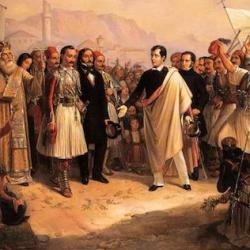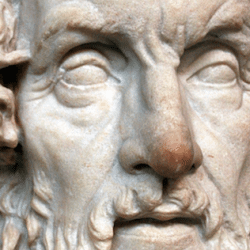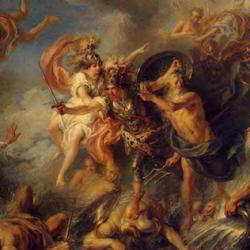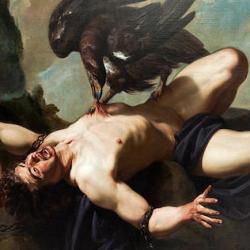David Gress’s excellent From Plato to NATO: The Idea of the West and Its Opponents shows that classics programs, the discipline of classics, great books programs, are founded on a highly questionable “grand narrative” of Western civilization. According to this narrative, Western history is a series of magic moments, beginning with Athens, the “magic moment of magic moments,” and that it is a continuous development from that Athenian beginning.
Gress finds this unconvincing for several reasons:
There is not a single West, he argues, but several. The Roman West is not the same as the Greek, the medieval West is something else again, and the modern West another civilization. There are continuities of various sorts, but to see them all as expressions of the original impulse of Athenian civilization distorts the record. The main distortion here is the complete elision of the influence of Christianity and Christian theology from the story.
The disciple of classics, and the great books programs that grew up in the early 20th century, are expressions of a “cult of the Greeks.” Romans had their own cult, but this “ersatz religion” really came into its on after the Enlightenment. ” Greece was adopted by the modern West as, in part, a replacement for Christianity,” Gress writes. “This was not the actual Greece of two thousand five hundred years ago, however, but the Greece re-created by adoring scholars, mostly in Germany and England , starting around 1770.”
Goethe had a significant impact on this development, and according to Gress the attraction of Greek culture was “precisely that they were not Christians.” Because of Goethe and his followers, one historian was able to speak of the “tyranny of Greece over Germany.”











